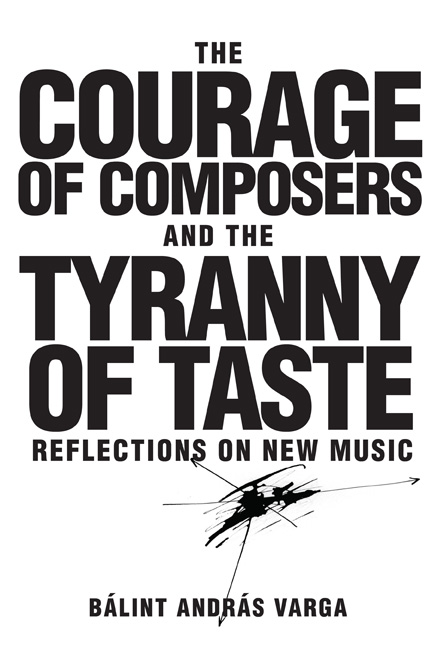21 - Luca Lombardi (b. 1945)
Published online by Cambridge University Press: 22 May 2021
Summary
Luca Lombardi was born in the year that World War II ended. This puts him at a considerable advantage over composers born in the 1920s—Nono, Berio, Boulez—who were cut off in their formative years from music that, in fascist regimes, was considered degenerate, primarily music of the Second Viennese School. Even the slightly older generation, such as Henri Dutilleux, had had a hard time catching up and digesting the experience of encountering for the first time in their lives an idiom that was radically different from what they had grown up with.
One is struck by the tone—and of course the corresponding content—of Luca Lombardi's recollections. Carefree might be an apt way of describing it. He himself uses the word “freedom” at one point, and that could be the key to his attitude to his art. He realized at a young age that writing music was his natural way of expressing himself. What tools he might hit upon and how those tools may be received by the outside world do not seem to worry him in the least. An admirable and enviable philosophy of art and life.
Luca Lombardi is one of those composers for whom personal style is not something to strive for. Like Heinz Holliger or Péter Eötvös, he is perfectly happy with the apparent fact that each new piece turns out to be different from the previous ones—that there is no instantly recognizable Lombardi profile in music.
He is like a mussel—the pearls he produces are musical compositions. Each is an object in its own right, and whether it was born in hard labor is something he does not reveal. The beauty of the pearl is what counts.
Tel Aviv-Yafo, September 1, 2015
A few years ago, a colleague asked for a “motto” about my work, to be included in a publication she edited. I sent her the following text:
I wrote my first composition on the day I turned ten years old. I have known ever since that I am a composer. I never asked myself why—it was simply like that.
- Type
- Chapter
- Information
- The Courage of Composers and the Tyranny of TasteReflections on New Music, pp. 123 - 131Publisher: Boydell & BrewerPrint publication year: 2017

